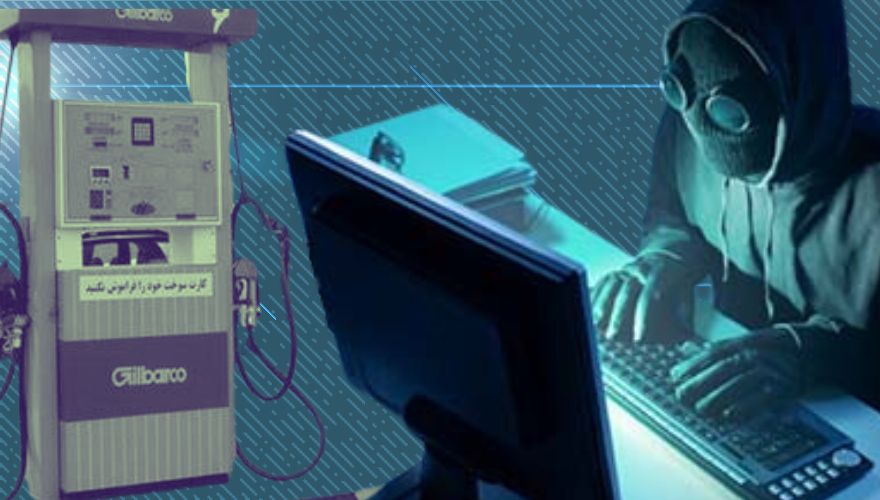An Israeli hacker group has reportedly claimed credit for a cyberattack that shut down 70 percent of the gas stations in Iran on Monday.
The country has approximately 33,000 gas stations — and Iran's Oil Ministry said just about 30 percent were left operational.
Iranian state TV said that the disruptions were a "software problem."
Israeli hacker group Gonjeshke Darande, or "Predatory Sparrow," claimed on Telegram that the attack was in response to "the aggression of the Islamic Republic and its proxies in the region." Israeli hacking group, Gonjeshke Darande (Predatory Sparrow), says it has carried out a cyberattack paralyzing more than 70% of the gas stations in Iran. pic.twitter.com/sFsqhJOidq
— Emily Schrader - אמילי שריידר امیلی شریدر (@emilykschrader) December 18, 2023
"Khamenei, playing with fire has a price," the Telegram post read. "A month ago we warned you that we’re back and that we will impose [a] cost for your provocations. This is just a taste of what we have in store." (2/2) این حمله قسمت بسیار کوچکی از توانایی های ما در مقابل شرارت محورهای تروریست تو در منطقه است.#گنجشک_درنده
تلگرام: https://t.co/1SMqLl6jnq
توییتر: @GonjeshkeDarand @DarandeGonjeshk
ردیت: @GonjeshkeDarande
— Gonjeshke Darande (@darandegonjeshk) December 18, 2023
The hackers also claimed that "this cyberattack was conducted in a controlled manner while taking measures to limit potential damage to emergency services."
"We delivered warnings to emergency services across the country before the operation began, and ensured a portion of the gas stations across the country were left unharmed for the same reason, despite our access and capability to completely disrupt their operation."
The Associated Press reports:In 2022, the Gonjeshke Darande group hacked a major steel company in the southwest of the country. A cyberattack on Iran’s fuel distribution system in 2021 paralyzed gas stations across the country, leading to long lines of angry motorists. The hacking group claimed responsibility for the attack on fuel pumps.
The country disconnected much of its government infrastructure from the internet after the Stuxnet computer virus — widely believed to be a joint U.S.-Israeli creation — disrupted thousands of Iranian centrifuges in the country’s nuclear sites in the late 2000s.
Reuters reports that a spokesperson for Iran’s gas station association told the Fars News Agency that a "software problem with the fuel system has been confirmed in some stations across the country and experts are currently fixing the issue."

